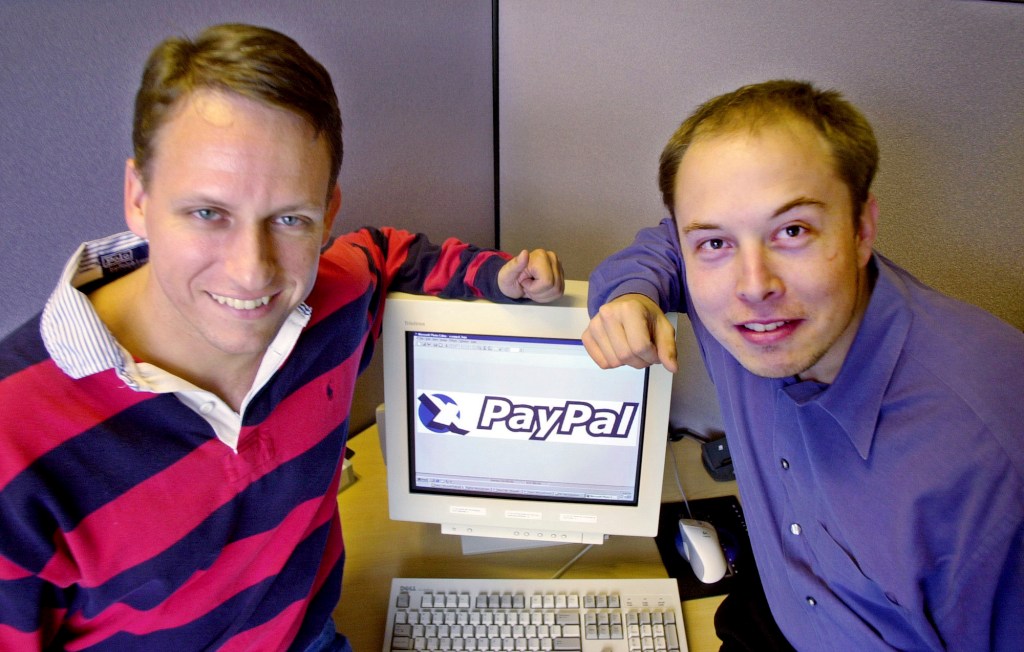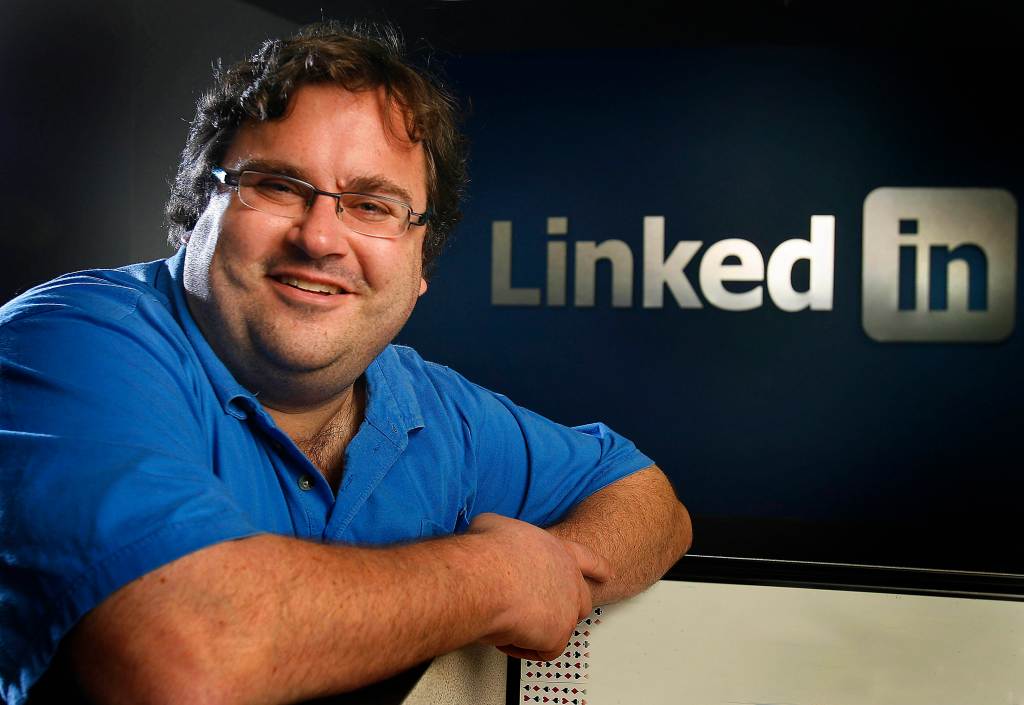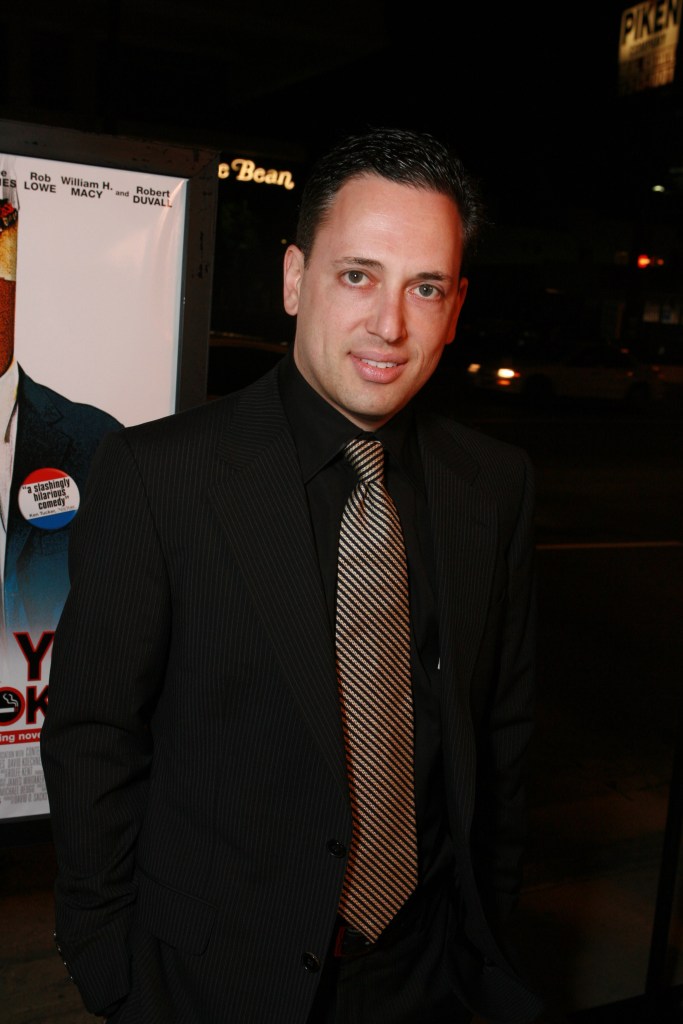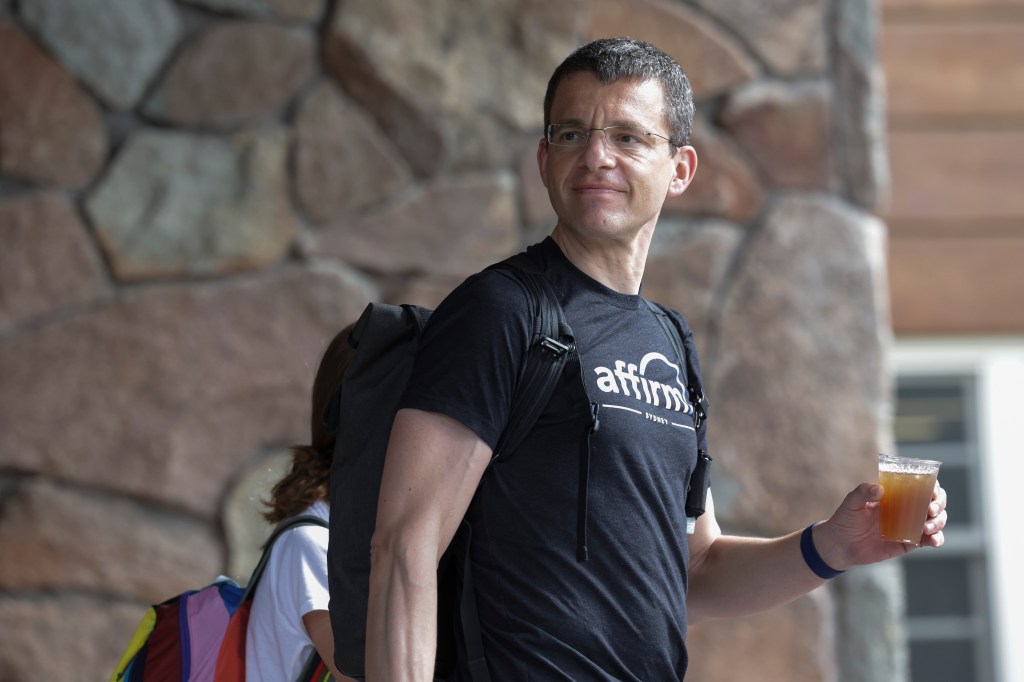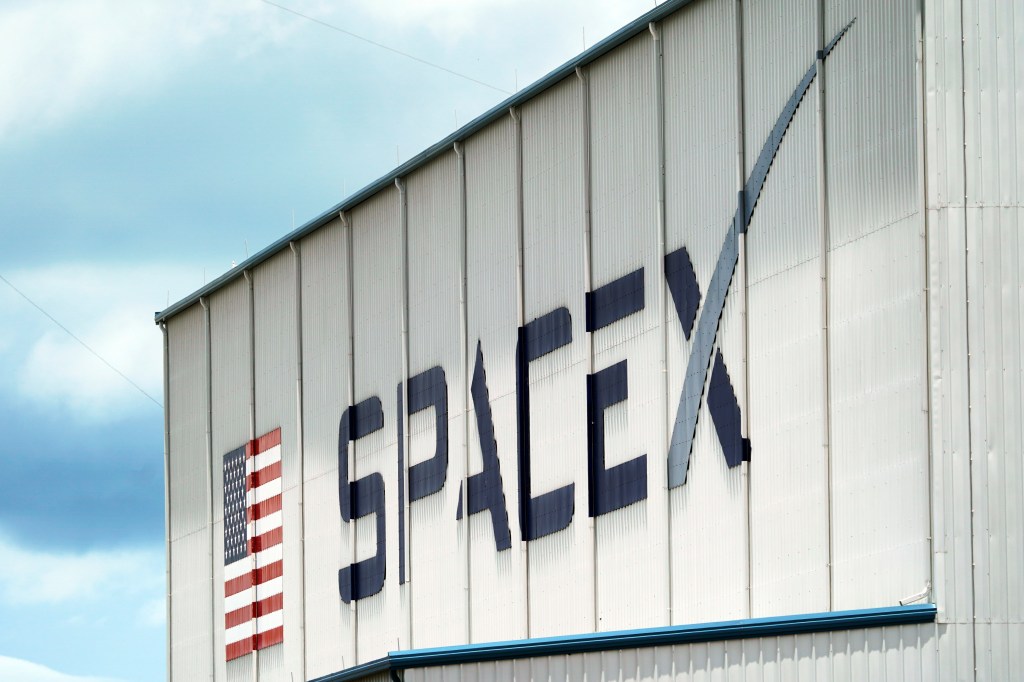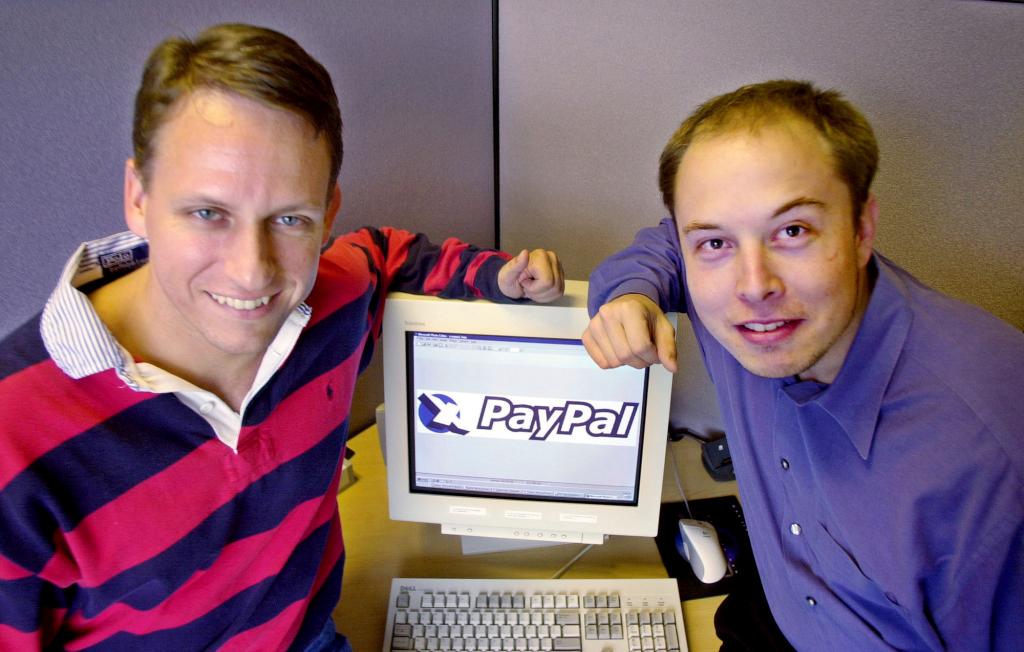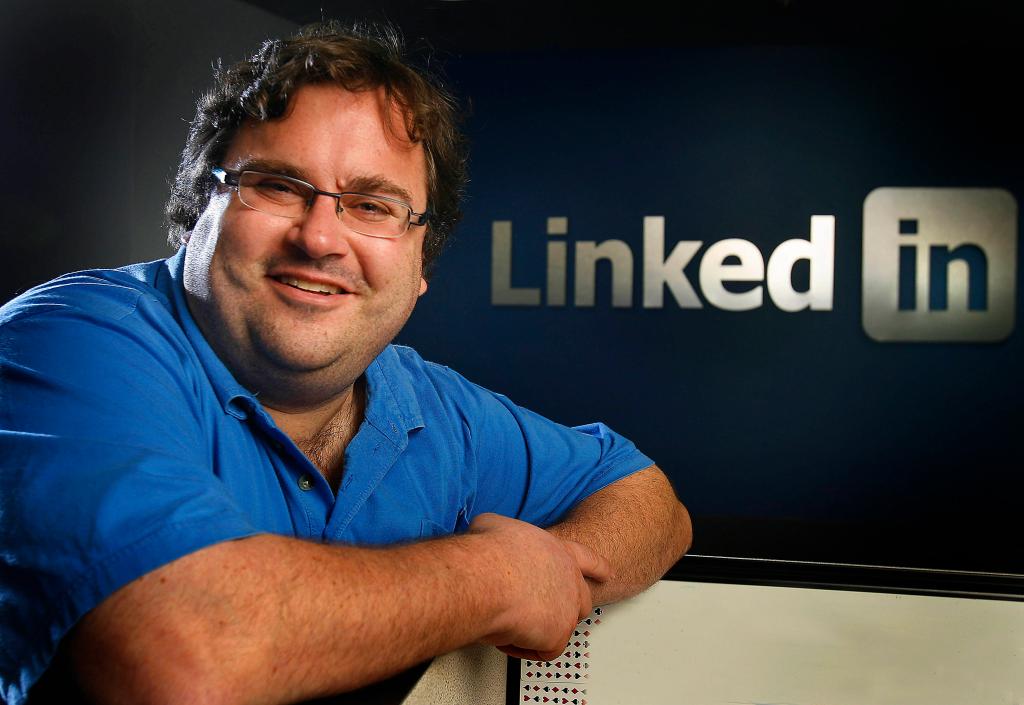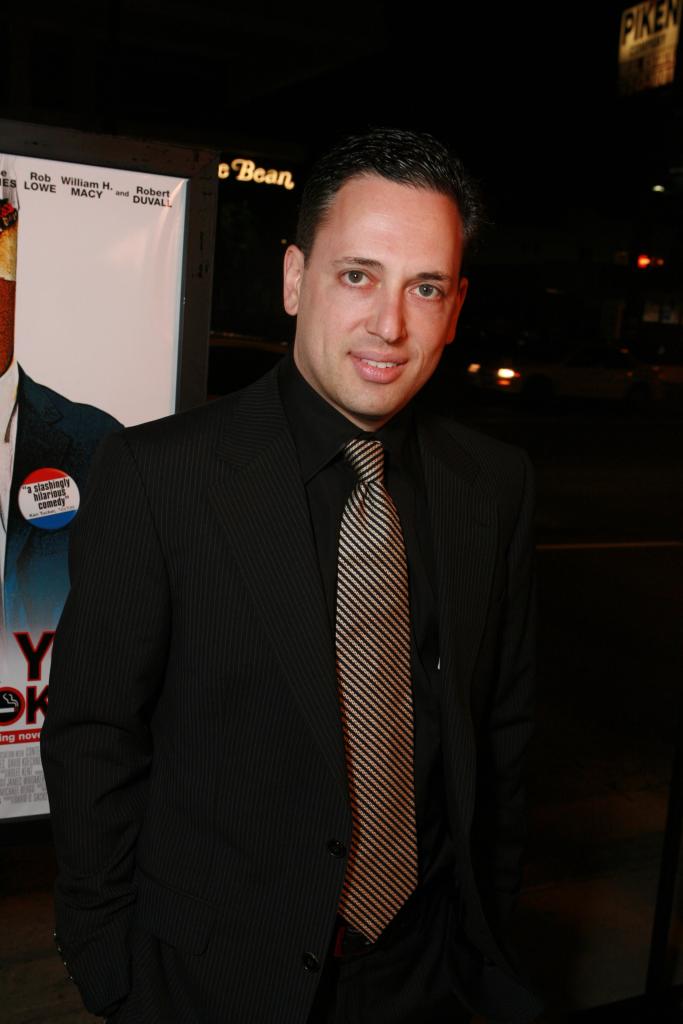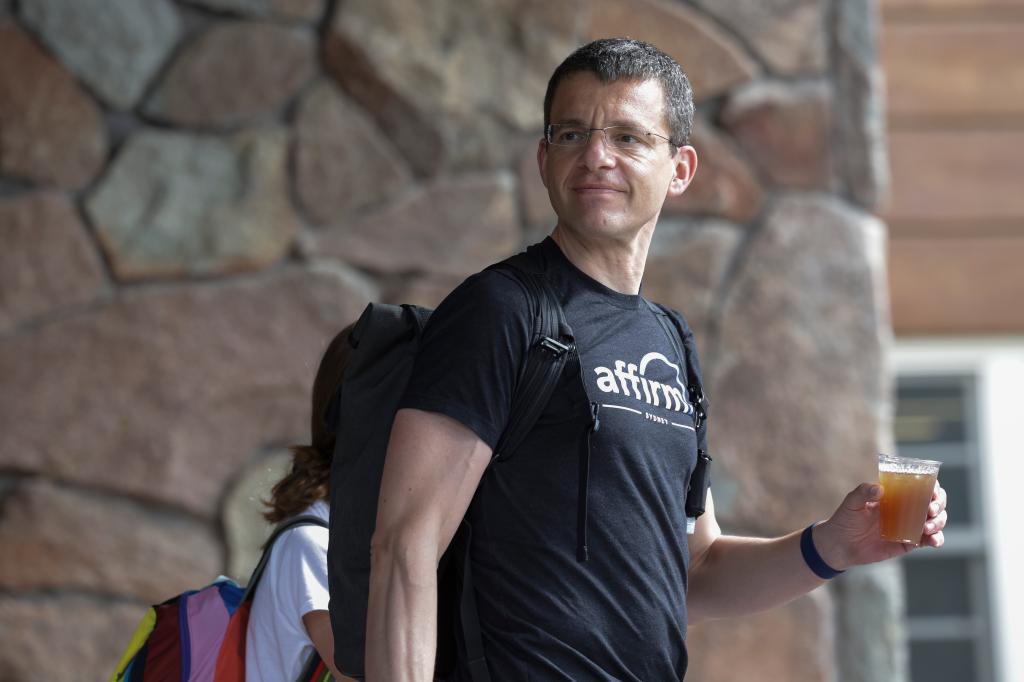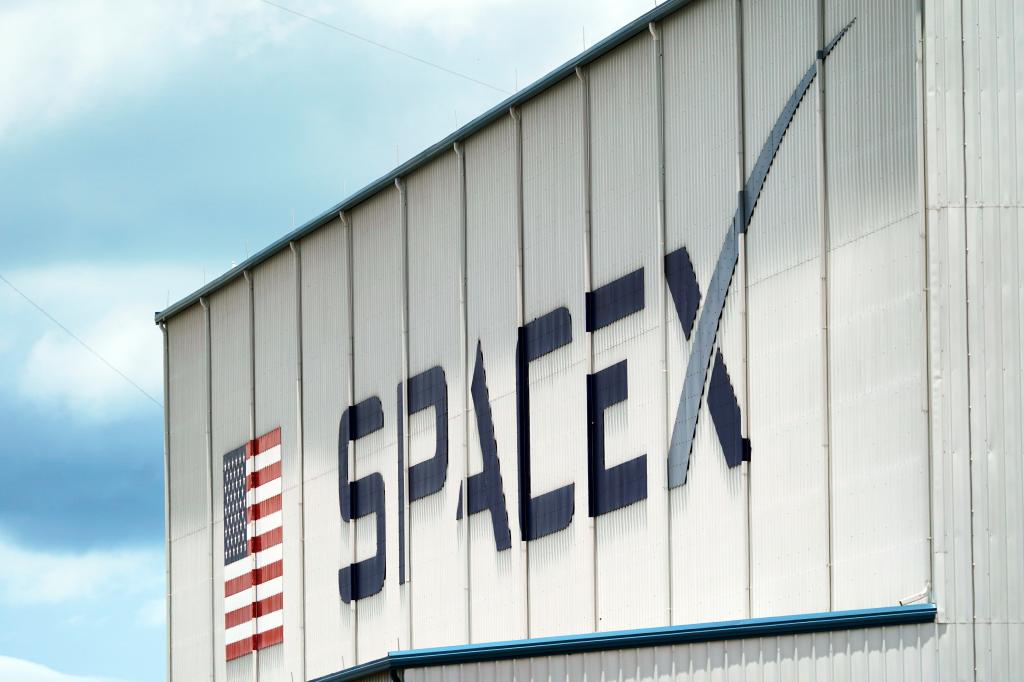How Peter Thiel, ‘PayPal Mafia’ ousted Elon Musk from CEO job — and saved SpaceX
The “PayPal Mafia” that ousted Elon Musk as CEO of the peer-to-peer payments site also helped save his rocket-launching company SpaceX as it teetered on the brink of bankruptcy, according to a new book.
In 2000, Musk was removed from his position as chief executive of PayPal in a “coup” orchestrated by Silicon Valley investor Peter Thiel, co-founder Max Levchin, board member Reid Hoffman, and COO and product leader David Sacks, according to the book “Elon Musk” by Walter Isaacson, which hit shelves this week
Musk, who had joined PayPal that same year after merging his electronic payments company, X.com, with PayPal’s parent, Confinity, butted heads with PayPal board members over the company’s branding and strategy — not to mention Musk’s autocratic, high-octane management style.
While Musk was traveling in Australia on a long-delayed honeymoon with his first wife, Justine, Thiel and Levchin engineered his ouster as CEO by enlisting the support of Hoffman, who would eventually go on to found LinkedIn, and other board members.
“I was pretty angry at first,” Musk told Isaacson of his PayPal ouster. “I had thoughts of assassination running through my head.”
“But eventually I realized that it was good I got couped. Otherwise I’d still be slaving away at PayPal.”
Musk added: “Of course, if I had stayed, PayPal would be a trillion-dollar company.”
Though Musk was fired, he was permitted to keep his equity stake in PayPal, which came in handy when the company was acquired by eBay in 2002 for $1.5 billion.
The deal netted Musk a cool $250 million.
Most importantly for Musk, he made sure not to burn his bridges with his fellow PayPal executives.
“Life’s too short,” Musk told Levchin a few months after the eBay deal. “Let’s move on.”
Musk also made amends with Thiel, Sacks and the other “coup” leaders, according to Isaacson.
The rapprochement was a wise move by Musk, who went on to launch SpaceX the same year he cashed out his PayPal equity.
Musk built up the staff of SpaceX, adding top rocket engineers like Tom Mueller and Hans Koenigsmann and seasoned executives like Gwynne Shotwell.
The key to the company’s survival was to prove that it could build a rocket on its own without relying on suppliers.
In order to make money, SpaceX needed to demonstrate to both commercial and government entities that it could launch its Falcon 1 rocket into orbit and release its payload, which usually consists of sensitive satellites.
But the company was burning through cash and running out of money after it launched three failed tests of its Falcon 1 from the Pacific atoll of Kwajalein in the Marshall Island, where the US military maintains a base.
The Falcon 1 rocket blew up before reaching orbit, prompting SpaceX engineers to go back to the drawing board and correct the technical faults which led to the aborted launch.
By 2008, SpaceX was on the verge of bankruptcy. In order to avert disaster, it needed a successful fourth test launch of its Falcon 1, but Musk didn’t have they money for it.
The Founders Fund, a venture capital fund that included ex-PayPal board members Thiel, Ken Howery, and Luke Nosek, came to the rescue with a $20 million investment.
“Part of my thinking was that it would be a way to patch things up from the PayPal saga,” Thiel told Isaacson, who wrote that the infusion of cash was a “lifeline that allowed Musk” to fund a fourth launch.
“It was an interesting exercise in karma,” Musk told Isaacson.
On Sept. 28, 2008, SpaceX executed its first-ever successful launch of Falcon 1, prompting Musk to exclaim: “Fourth time’s a charm!”
In December of that year, SpaceX was awarded a $1.6 billion contract from NASA. The company was assigned the task of making twelve round trips to the International Space Station.
Musk’s post-coup diplomacy with his PayPal colleagues paved the way for the rescue of his rocket-launching company, according to Isaacson.
“After I got assassinated by the PayPal coup leaders, like Caesar being stabbed in the Senate, I could have said ‘You guys, you suck’,” Musk said.
“But I didn’t.”
He added: “If I’d done that, the Founders Fund wouldn’t have come through in 2008 and SpaceX would be dead.”
“I’m not into astrology or s–t like that. But karma may be real.”








